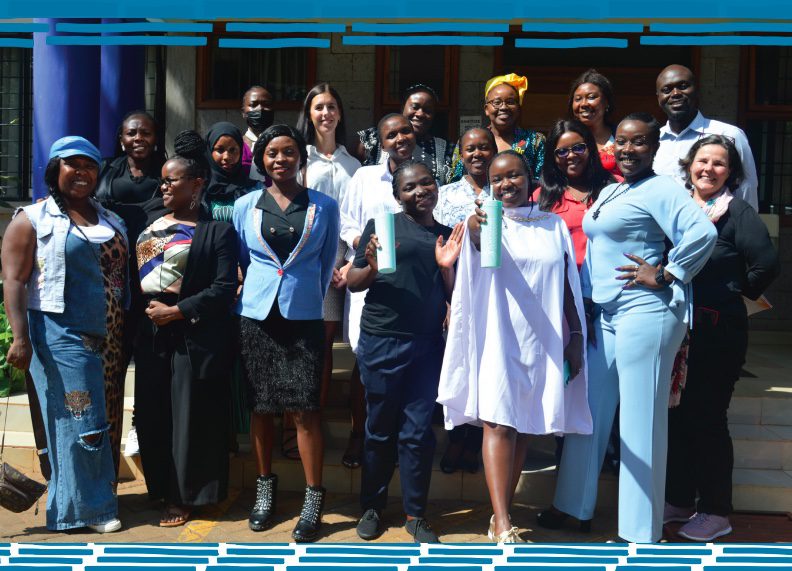
Survivors and Organizations Working Together Against Human Trafficking: Insights From East and Central Africa
Executive Summary
Survivors of human trafficking are the ones who best know the root causes, the consequences, and the implications of this abuse. They are also the ones who best know what the solutions may be, what affected individuals and communities need, what kind of support would be helpful, whether a program is ultimately beneficial, and how responses might be improved
Research Objectives
Focusing on East and Central Africa:
- Which gaps and challenges limit inclusive survivor engagement?
- How are organizations currently engaging survivors?
- How can organizations in East and Central Africa improve their inclusion of survivors?
Key Findings
Survivors
- Most survivors were already active before engaging with an organization
- Lived experience is a main motivation for engagement
- The first activity of survivors upon starting engagement was sharing their lived experience
- Lack of finances is the biggest barrier to engagement
- There is great interest in – and hope for – job opportunities
- Survivor participants indicated a need for more funding for education opportunities
- Survivor networks are highly valued
- Many survivors feel the need for continuous psychological support
- Security ranks among the concerns of survivor advocates
- Survivor participants identified a great need for policies on part of anti-trafficking organizations
Organizations
- Most organizations provide survivors with services
- For many organizations engagement is synonymous with service provision
- The majority of organizations hire survivors as volunteers, community mobilizers, and interns
- Most organizations see survivors as “role models” with unique influence
- The majority of organizations reported compensating survivors through stipends. Only a few provide salaries
- All organizations provide survivors with opportunities to volunteer
- The majority of organizations lack procedures guiding survivor engagement
- Organizations are interested in engaging survivors in a wide range of other capacities
- Organizations would like to see survivors take diverse leadership
